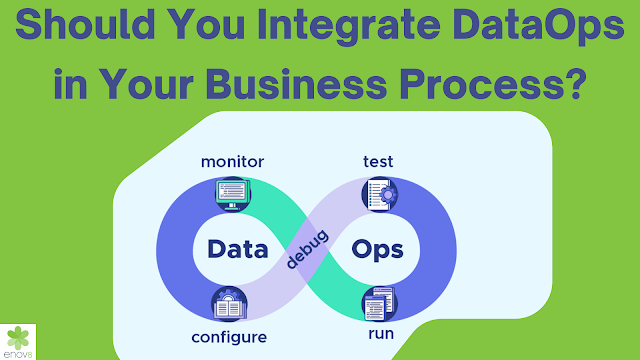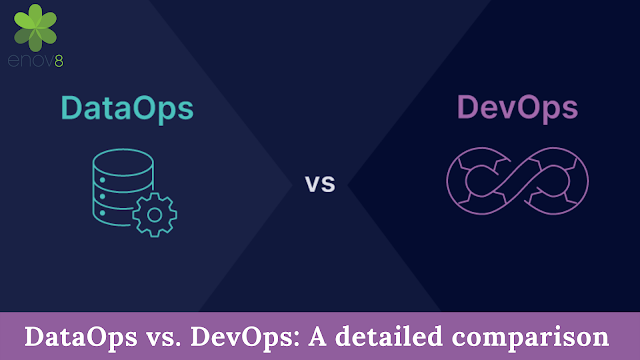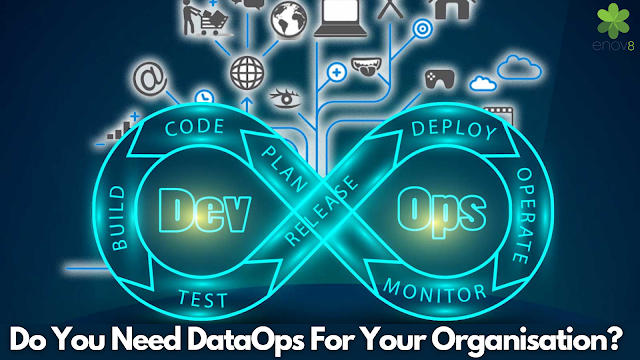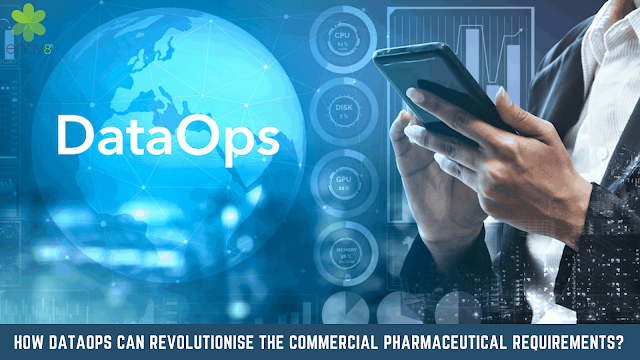Should You Integrate DataOps in Your Business Process?

Data is the lifeblood of any business. It holds information about customers and their behaviors, products, and services. It's also the lifeblood of any enterprise — it's what keeps the lights on, keeps employees productive, and helps companies stay ahead of their competition. And DataOps can make data management more efficient! The Challenge With Data Management In the realm of IT, many different types of data need to be managed- from operational data (like user logs and system metrics) to transactional data (like payment records). But as you can imagine, data is a complicated thing to work with: it's often distributed across multiple systems; it has to be processed in real-time; it's constantly changing in size and scope—and that's to name a few examples! If you have too much information floating around in your organization, you'll have trouble finding patterns and making sense of it all. That's when data gets confusing; it's not just hard to kee...











